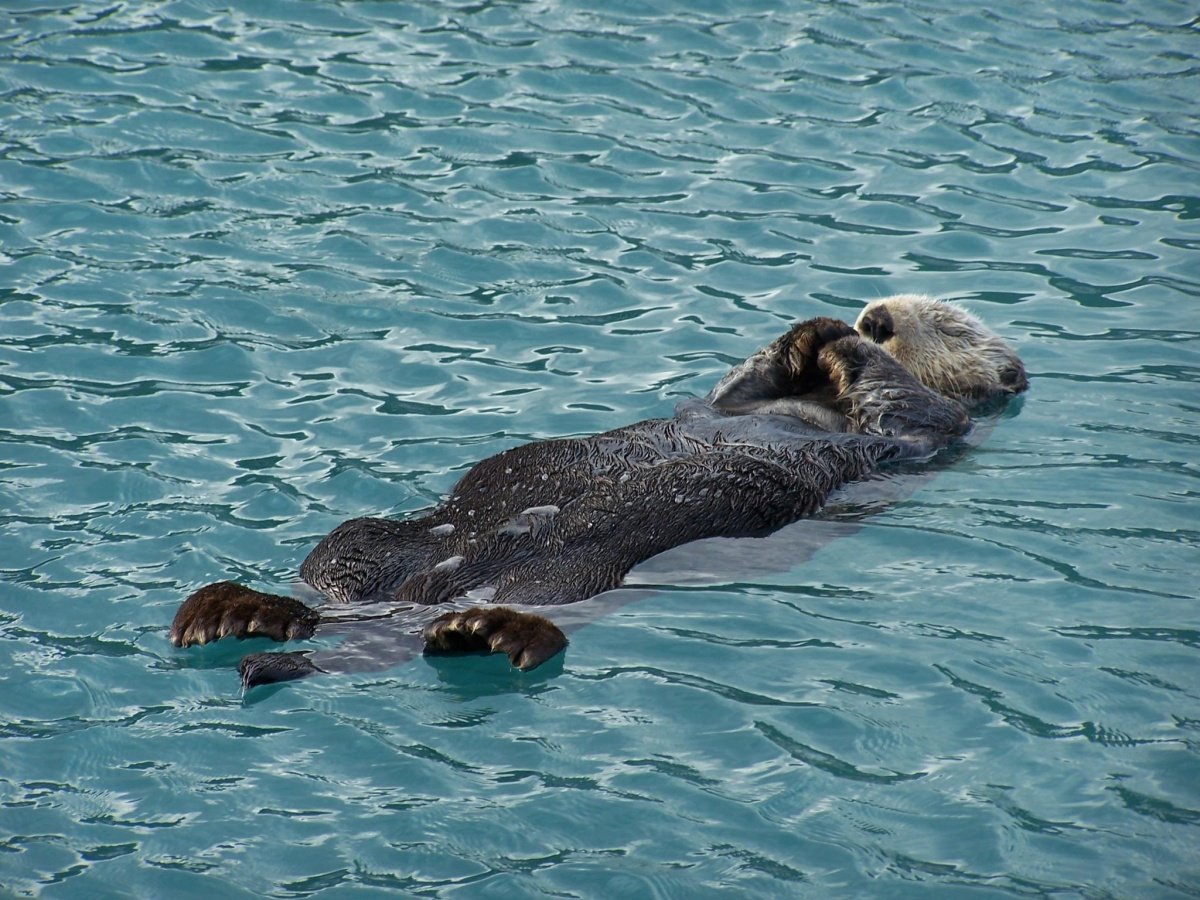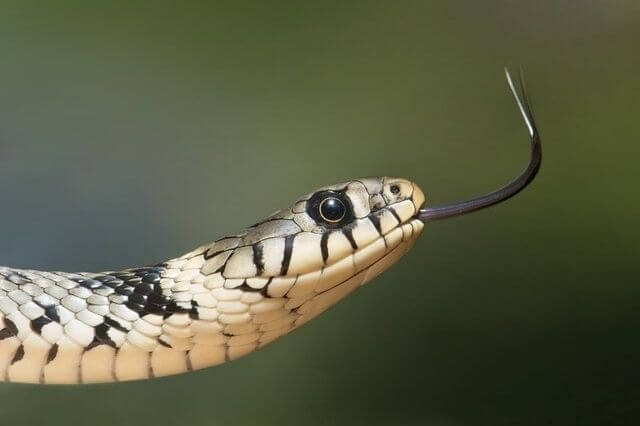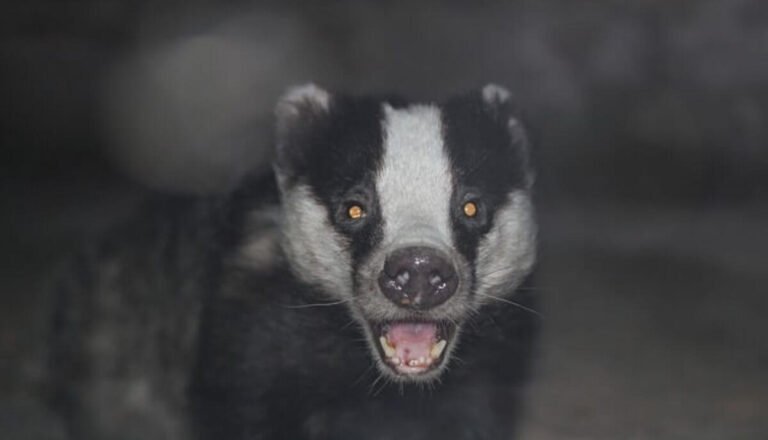Can Otters Breathe Underwater? [No! Here’S Why]
Otters are often seen frolicking in rivers and streams, and it may look like they’re holding their breath for long periods of time. But the truth is, otters cannot breathe underwater! So how do they stay submerged for so long?
Otters have a high metabolism and must eat a lot of food to maintain their body temperature and energy levels. They also have a layer of blubber that helps keep them warm in cold water. When an otter wants to dive, it will exhale all the air from its lungs before going under.
This way, the otter can stay underwater longer without having to come up for air as often.
If you’re like most people, you probably think that otters can breathe underwater. After all, they are aquatic animals, so it would make sense for them to have some sort of special adaptation that allows them to do so. Unfortunately, this is not the case.
Otters actually cannot breathe underwater!
So why can’t otters breathe underwater? It all has to do with their physiology.
Unlike fish, who have gills that allow them to extract oxygen from the water, otters rely on lungs to breathe. And while their bodies are adapted for life in the water (they have webbed feet and waterproof fur), their lungs are not. So when an otter dives underwater, its lungs fill up with water and it suffocates.
Of course, this doesn’t mean that otters can never go underwater. They just have to be careful not to stay submerged for too long. Most otters can hold their breath for about four minutes before they need to surface for air.
So if you ever see an otter swimming around under the water, know that it’s only a matter of time before it has to come up for a breath!
How Long Can Otters Breathe Underwater
Otters are amazing creatures that have the ability to stay underwater for long periods of time. How long can otters breathe underwater? It is believed that they can hold their breath for up to eight minutes!
This is an incredible feat, considering that most humans can only hold their breath for about one minute.
So, how do otters manage to stay underwater for such a long time? Their bodies are specially adapted to help them conserve oxygen while they are submerged.
For example, they have a high level of myoglobin in their muscles, which helps store oxygen. They also have a low heart rate and blood pressure, which reduces the amount of oxygen that their body needs. Additionally, they have a thick layer of blubber under their skin that helps keep them warm in cold water and further reduces the amount of oxygen their body needs.
All of these adaptations allow otters to stay underwater for extended periods of time in order to hunt for food or escape from predators. So next time you see an otter swimming around, remember that it has the amazing ability to hold its breath for up to eight minutes!
Can Sea Otters Breathe Underwater
Yes, sea otters can breathe underwater. They have a special adaptation that allows them to close their nostrils and hold their breath for up to two minutes.
Can Otters Breathe Underwater Ark
No, otters cannot breathe underwater. They have to come up for air every few minutes.
How Fast Can Otters Swim
Otters are incredibly fast swimmers and can reach speeds of up to 8 miles per hour. In the wild, they primarily swim in rivers and streams, using their webbed feet and long tails to propel themselves through the water. Otters are also excellent climbers and often climb trees along riverbanks in order to escape predators or find a good spot to rest or eat.
Can Otters Be Pets
Otters are playful, inquisitive creatures that can make wonderful pets. While they require a bit more care than your average house pet, otters can be rewarding companions. Here’s what you need to know about keeping an otter as a pet.
Otters are semi-aquatic mammals, so they need access to both land and water. A large enclosure with a pool is necessary for an otter pet. The enclosure should also have plenty of hiding places and toys for the otter to play with.
Otters are very active, so they need a lot of exercise. A daily swim is essential, and regular walks or runs outside the enclosure will help keep your otter healthy and happy.
Otters are intelligent creatures and can be trained to do tricks or behaviors.
With patience and positive reinforcement, you can teach your otter to do all sorts of fun things!
Feeding an otter requires special care since they have sensitive digestive systems. A diet of fresh fish, fruits, and vegetables is best.
Commercial otter food is available but should only be used as a supplement; it’s not nutritionally complete on its own.
![Can Otters Breathe Underwater? [No! Here'S Why]](https://animals.sandiegozoo.org/sites/default/files/2016-09/animals_hero_otter.jpg)
Credit: animals.sandiegozoo.org
How Does a Otter Breathe?
Otters are unique among mammals in the way they breathe. Most mammals have what is called a diaphragm, which is a large muscle that separates the chest cavity from the abdomen. The diaphragm contracts and relaxes to help create negative pressure inside the chest cavity, drawing air into the lungs.
Otters do not have a diaphragm; instead, they have an extra set of ribs that helps them expand their chests while they’re underwater. This allows them to take in more oxygen with each breath and hold it for longer periods of time. When an otter surfaces to breathe, it exhales completely before taking another breath, allowing all of the carbon dioxide in its body to be expelled.
How Long Can Otters Survive Out of Water?
Otters have webbed feet and dense fur that helps them swim powerfully and keep warm in the water. They typically eat a lot of fish, which they catch with their nimble paws. But how long can otters stay out of the water?
It turns out that otters can actually survive for quite a while on land. They are able to do this because they have a high metabolism and can quickly burn through their stored energy reserves. Additionally, their fur helps insulate them from the cold air and keeps them relatively comfortable on land.
In terms of how long they can physically survive without water, otters can live for several days as long as they have access to food and shelter. However, if they are deprived of both food and water, they will likely die within a few days due to dehydration.
So, while otters are definitely creatures of the water, they are also capable of surviving for extended periods on land.
This adaptability is just one more example of the amazing resilience of these fascinating animals.
Can Otters Survive Without Water?
Yes, otters can survive without water for a short period of time. They are able to hold their breath for up to four minutes and can close their nostrils and ear flaps to keep water out while they swim.
How Do Otters Hold Their Breath for So Long?
Otters are able to hold their breath for up to eight minutes due to some unique physiology. For one, they have a higher than average lung capacity relative to their body size. They also have a high percentage of red blood cells, which carry oxygen more efficiently.
Additionally, otters have a very low heart rate, which means that their bodies use less oxygen overall. Finally, the fur of an otter is particularly dense and waterproof, which helps to insulate them and keep them warm even in cold water. All of these factors together allow otters to stay underwater for extended periods of time without running out of oxygen.
How Do Sea Otters See Underwater? A Marine Biologist EXPLAINS!
Conclusion
Otters may be good swimmers, but they cannot breathe underwater. That’s because they have lungs like we do and need to surface for air every few minutes. If you see an otter swimming on its back, it’s likely doing so to keep its head above water while it sleeps or rests.


![Can Tigers Climb Trees? [Yes! Here’S How]](https://proanimalguide.com/wp-content/uploads/2022/12/5c7d9c43d23547ae8fe5683188b2b5ed-768x440.jpg)




